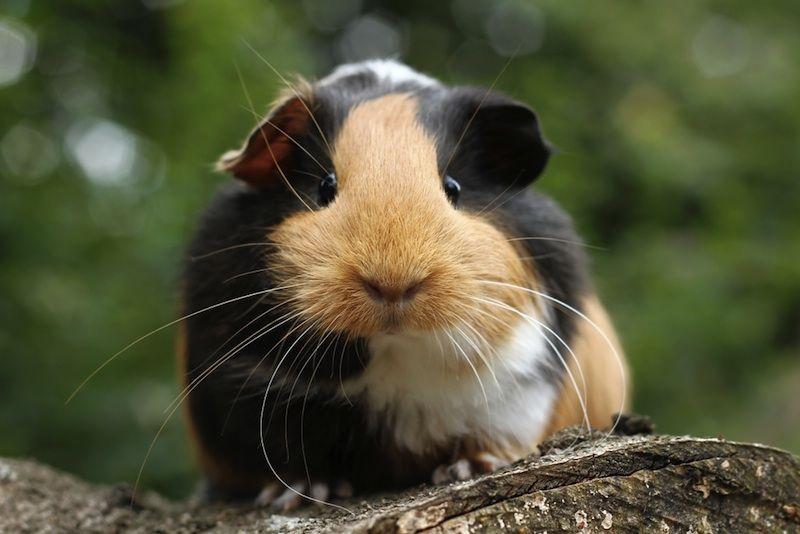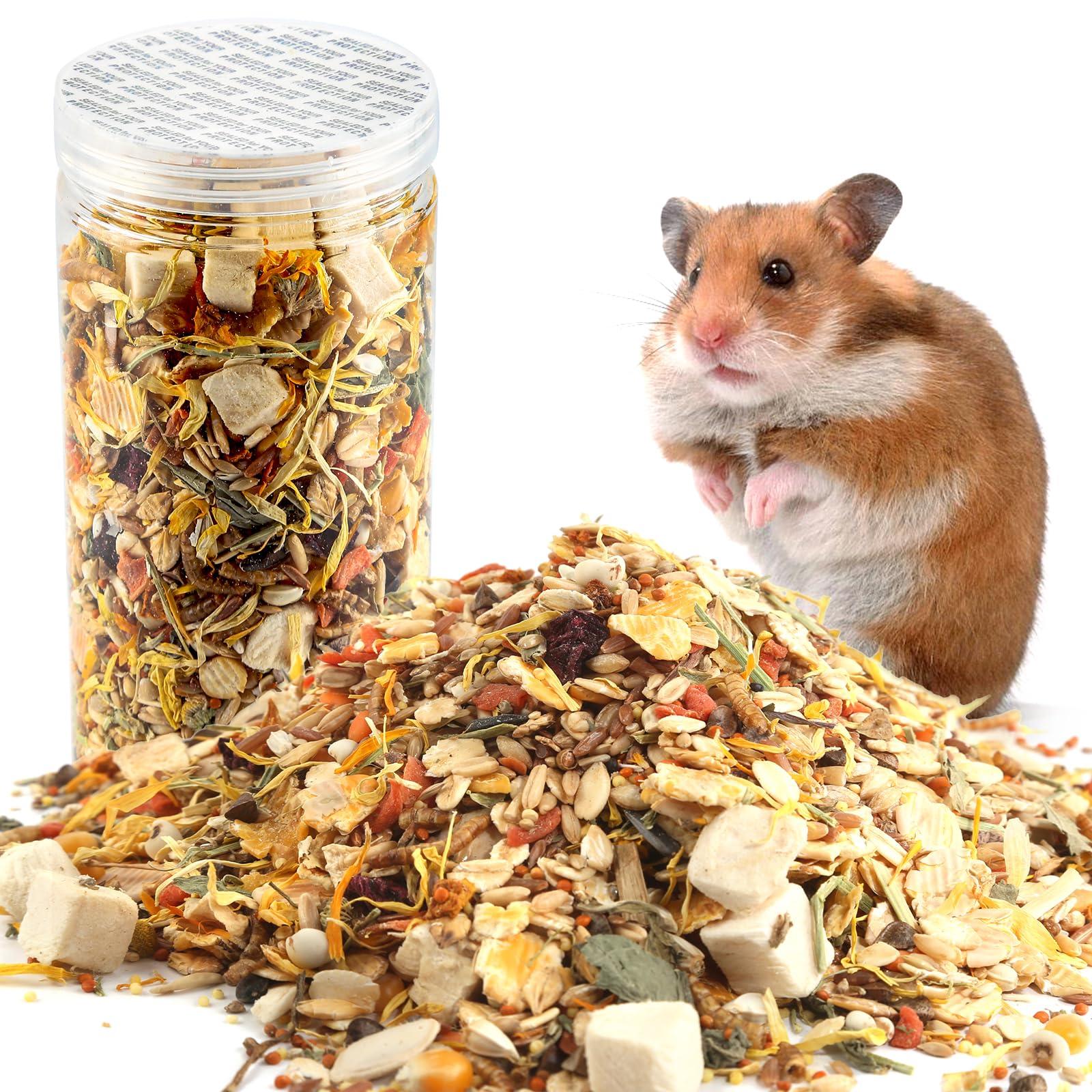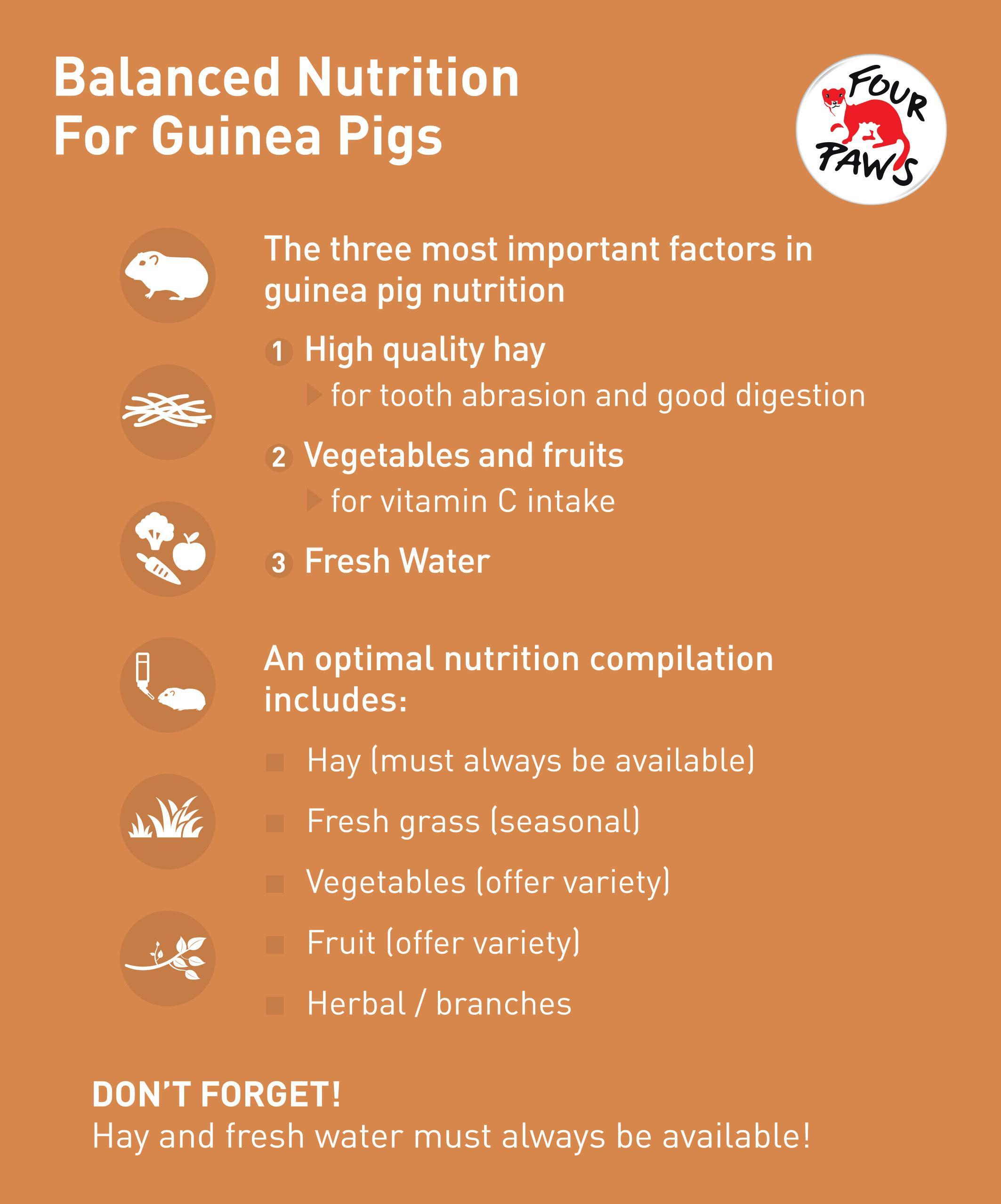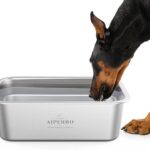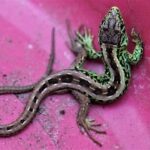When it comes to caring for our beloved pets, nutrition plays a pivotal role in ensuring their health and happiness. For small animal enthusiasts, the question of dietary overlaps often arises, particularly between creatures like guinea pigs and hamsters. Both species have specific dietary needs, tailored to their unique physiology, which raises an important query: can guinea pigs eat hamster food? In this article, we will explore the nuances of their diets, the potential risks and benefits of cross-feeding, and what every guinea pig owner should know to keep their furry friends thriving.
Whether you’re a seasoned pet owner or a curious newcomer, understanding the dietary restrictions and requirements of these adorable companions is essential for promoting their well-being. Let’s dive into the fascinating world of small animal nutrition and uncover the truth behind this common question.
Table of Contents
- Understanding the Nutritional Needs of Guinea Pigs
- Comparing the Ingredients: Guinea Pig Food vs. Hamster Food
- Potential Risks and Dangers of Feeding Hamster Food to Guinea Pigs
- Making the Right Choices: Recommended Diet for Your Guinea Pig
- Q&A
- In Conclusion
Understanding the Nutritional Needs of Guinea Pigs
Guinea pigs have specific dietary requirements that differ significantly from those of other small animals, such as hamsters. Their diet must be high in fiber and low in fat and sugar. A proper diet for guinea pigs should include fresh hay, high-quality pellets specifically formulated for guinea pigs, and a variety of fresh vegetables and fruits. Unlike hamsters, who can thrive on a mixture of seeds and grains, guinea pigs need a constant supply of vitamin C, which they cannot synthesize on their own. This makes it crucial to provide them with foods rich in this vitamin, like bell peppers and leafy greens.
When considering the nutritional composition of hamster food, it typically contains ingredients that are not suitable for guinea pigs. The high fat content and different ratio of nutrients can lead to health issues if given as a primary food source. To ensure you’re meeting the needs of your guinea pig, focus on a diet that includes:
- Timothy Hay: Essential for digestive health.
- Pellets: Specifically designed for guinea pigs, enriched with vitamin C.
- Fresh Vegetables: Carrots, bell peppers, and leafy greens.
In addition to these staples, occasional treats can be introduced, but they should be chosen wisely to avoid imbalances in their diet. Here’s a simple comparison to highlight why hamster food isn’t suitable:
| Food Type | Guinea Pig Needs | Hamster Food Composition |
|---|---|---|
| Fiber | High (20%+) | Moderate (10%+) |
| Fat | Low (8% or less) | Higher (10%+) |
| Vitamin C | Essential | Not included |
Comparing the Ingredients: Guinea Pig Food vs. Hamster Food
When it comes to comparing guinea pig food and hamster food, it’s essential to understand the specific nutritional needs of each species. Guinea pigs require a diet high in vitamin C, fiber, and targeted nutrients to support their overall health. Their food typically consists of ingredients such as:
- Timothy hay
- Pelleted guinea pig food
- Fresh vegetables
- Occasional fruits
In contrast, hamster food is more focused on providing a mixture of seeds, grains, and protein sources, making it less suitable for guinea pigs. The typical ingredients in hamster food may include:
- Sunflower seeds
- Oats
- Pellets designed for hamsters
- Dried fruits and vegetables
Nutritionally, the lack of vitamin C in hamster food is one of the major concerns when considering it for guinea pigs. Guinea pigs cannot synthesize this vitamin on their own, making it crucial for their diet. Below is a simple comparison of key nutrients in both types of food:
| Nutrient | Guinea Pig Food | Hamster Food |
|---|---|---|
| Vitamin C | High | Low |
| Fiber Content | High | Moderate |
| Protein Level | Moderate | High |
| Fat Content | Low | Higher |
This table illustrates that while guinea pig food is tailored to meet their unique dietary needs, hamster food falls short in critical areas, making it unsuitable for guinea pigs. Understanding these differences is vital for ensuring your pets receive the right nutrients in their diet.
Potential Risks and Dangers of Feeding Hamster Food to Guinea Pigs
While it may be tempting to share your hamster’s food with your guinea pig, there are several potential risks involved. Firstly, hamster food is formulated with high protein content that is not suitable for guinea pigs. These small animals require a diet rich in fiber and low in fat, which hamster pellets often do not provide. This imbalance can lead to gastrointestinal issues, obesity, or even more severe health problems over time. Additionally, some hamster foods contain ingredients like seeds and nuts, which can be harmful to guinea pigs due to their high-fat levels and potential choking hazards.
Moreover, the vitamins and minerals present in hamster food might not align with the nutritional needs of guinea pigs. For example, guinea pigs require a constant supply of Vitamin C, which is not included in average hamster diets. Relying on hamster food could result in a deficiency, leading to scurvy and other health complications. To safeguard your guinea pig’s well-being, it’s essential to stick to specialized pellets designed explicitly for their dietary requirements, ensuring they remain healthy and happy.
Making the Right Choices: Recommended Diet for Your Guinea Pig
Choosing the right diet for your guinea pig is essential for ensuring their health and happiness. Unlike hamsters, guinea pigs have unique nutritional needs that cannot be met by simply feeding them hamster food. Guinea pigs thrive on a diet rich in hay, which should form the cornerstone of their meals. Timothy hay is a popular choice due to its high fiber content, helping maintain their dental health and digestive system. In addition to hay, fresh vegetables and a limited amount of pellets tailored specifically for guinea pigs can provide necessary vitamins and minerals.
Here’s a quick overview of recommended foods for your guinea pig:
- Hay: Timothy, Orchard, or Meadow hay
- Fresh Vegetables: Leafy greens like romaine lettuce, parsley, and bell peppers
- Pellets: Special guinea pig pellets fortified with Vitamin C
- Fruits: Treats such as small amounts of apples or strawberries, given sparingly
It’s crucial to avoid high-calcium foods (such as alfalfa hay) and human snacks, as these can lead to health issues. Ensuring a balanced diet will help keep your furry friend active and vibrant!
Q&A
Q&A:
Q1: Can guinea pigs safely eat hamster food?
A1: While guinea pigs may nibble on hamster food, it’s not specially formulated for their dietary needs. Guinea pigs require a diet rich in vitamin C, which hamster food lacks, so it’s best not to make it a regular part of their diet.
Q2: What are the main differences between guinea pig food and hamster food?
A2: The primary difference lies in the nutrient composition. Guinea pig food is high in fiber, vitamin C, and low in fat, while hamster food typically contains more grains and seeds, which aren’t ideal for guinea pigs. These variations can affect digestion and overall health.
Q3: What could happen if a guinea pig eats hamster food occasionally?
A3: An occasional nibble of hamster food may not be harmful, but it should not become a habit. Frequent consumption can lead to obesity and digestive issues due to its higher fat and carbohydrate content.
Q4: What should I feed my guinea pig instead?
A4: A balanced diet for guinea pigs consists of high-quality hay (like timothy hay), fresh vegetables (such as bell peppers and leafy greens), and specially formulated guinea pig pellets that are rich in vitamin C. These foods ensure they receive the nutrients they need to thrive.
Q5: Are there any treats that can be shared between guinea pigs and hamsters?
A5: While some treats, such as small pieces of fresh fruit or certain vegetables, can be shared, it’s essential to ensure that any treats given are safe for both species. Always research specific foods for appropriateness and portion size.
Q6: How can I tell if my guinea pig has eaten something harmful?
A6: Signs of distress in guinea pigs can include lethargy, changes in eating or drinking habits, diarrhea, or unusual vocalizations. If you suspect your guinea pig has ingested something harmful, it’s crucial to contact a veterinarian for advice.
Q7: Is there any hamster food that can be beneficial for guinea pigs?
A7: Some hamster foods might contain healthy ingredients like oats or pellets that are not harmful in small quantities. However, to avoid any potential issues, it’s best to stick with foods specifically designed for guinea pigs to ensure their dietary needs are met.
Q8: What steps can I take to prevent my guinea pig from eating hamster food?
A8: To prevent accidental munching on hamster food, store it in a secure location out of reach of your guinea pig. Additionally, providing a varied and enticing diet for your guinea pig can help keep their focus away from any available hamster food.
Q9: Should I consult a vet about my guinea pig’s diet?
A9: Absolutely! A veterinarian, particularly one experienced with small animals, can provide tailored advice on your guinea pig’s dietary needs and how to maintain a healthy diet, ensuring your pet remains happy and thriving.
Feel free to reach out if you have any more questions or concerns about your beloved guinea pig’s nutrition!
In Conclusion
while the curiosity surrounding whether guinea pigs can eat hamster food is understandable, the differentiation in dietary needs is paramount. Guinea pigs thrive on a diet rich in hay, fresh vegetables, and specially formulated pellets that cater to their unique nutritional requirements. Hamster food, designed for a different species, may lack essential vitamins and fiber crucial for the health of your furry companion.
As pet owners, it’s our responsibility to ensure our pets receive the best care possible. By understanding the specific needs of guinea pigs and providing them with a proper diet, we can help them live happy, healthy lives. So, the next time you’re faced with a question about pet diets, remember: a little research goes a long way in keeping our beloved pets content and thriving. Happy caring!




